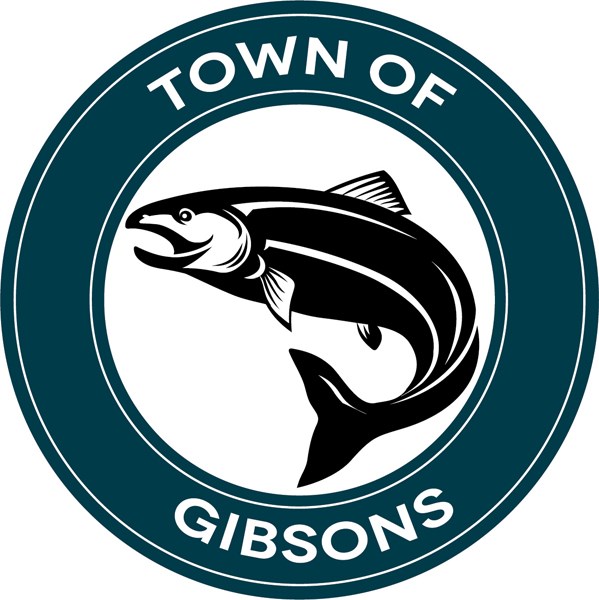Gibsons council is in the final stages of approving a 2020 budget, after voting earlier to hold this year’s tax increase at no more than four per cent in light of the possible impacts of the COVID-19 pandemic on local tax payers.
Speaking at the April 7 meeting, Coun. Stafford Lumley said he’s still hoping to see a bit more relief for businesses through the lowering of the business tax ratio.
The ratio, or multiplier, is the amount by which the mill rate for a commercial property is greater than the rate for a residential property.
In the current draft of the budget, the commercial mill rate is 2.9718 times higher than the residential rate, which is lower than it was in 2019.
Council had already decided to reduce the tax increase earmarked to start building a reserve for future policing from two per cent to one per cent and to set aside $5,000 for the Chamber of Commerce for programs to support small businesses facing challenges related to the pandemic.
Lorraine Coughlin, the Town’s director of finance, said, “Uncertainty remains regarding the overall impact that COVID-19-related events may have on the budget and adjustments to allocations may be required later in the year.”
She also told council one impact staff is preparing for is an increase in the number of homeowners who apply to defer their taxes this year and that her department is prepared to process the paperwork as quickly as possible to minimize delays in getting the money to cover the deferred taxes from the province.
Lumley initially voted against having the finance department draft financial plan and tax rate bylaws, because of the multiplier issue.
“My problem is you’re not reducing the tax on the commercial property,” he said when asked by fellow councillors about his no vote. “It’s not the people who own the property who pay the tax, it’s the people who rent the property – that’s the nature of a commercial lease.”
Lumley cited the example of his own business, a restaurant that is closed right now because of COVID restrictions, and in the best-case scenario, would just be reopening as tax bills come due.
“The unfortunate part of this year is the taxes fall [due] on July 1, and that’s estimated to be maybe the time people are going to reopen their businesses,” he said. “It’s probably not a cost that you’d like to open your doors to [face] immediately – a tax bill.”
After reopening the debate, councillors agreed to ask Coughlin to come back with a breakdown of what the numbers would look like with a multiplier of 2.5 or 2.75 instead so they could consider the idea.
As the budget stands right now, a typical home in Gibsons assessed at $657,288 would see an increase of $41.08 on the municipal portion of their tax bill and an extra $29.28 in sewer and water parcel taxes. With the multiplier at 2.9718, a typical commercial tax bill would go up $193.15 with the same increase in parcel taxes as the residential rate.



